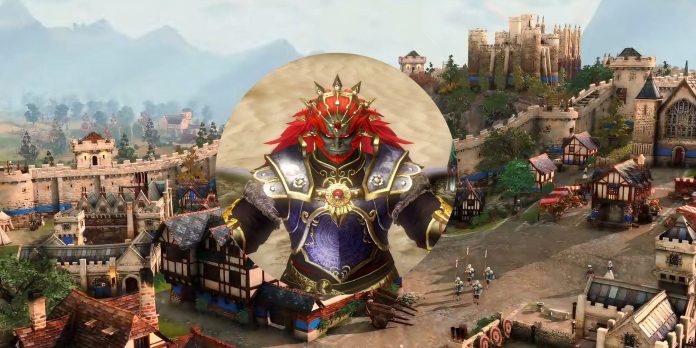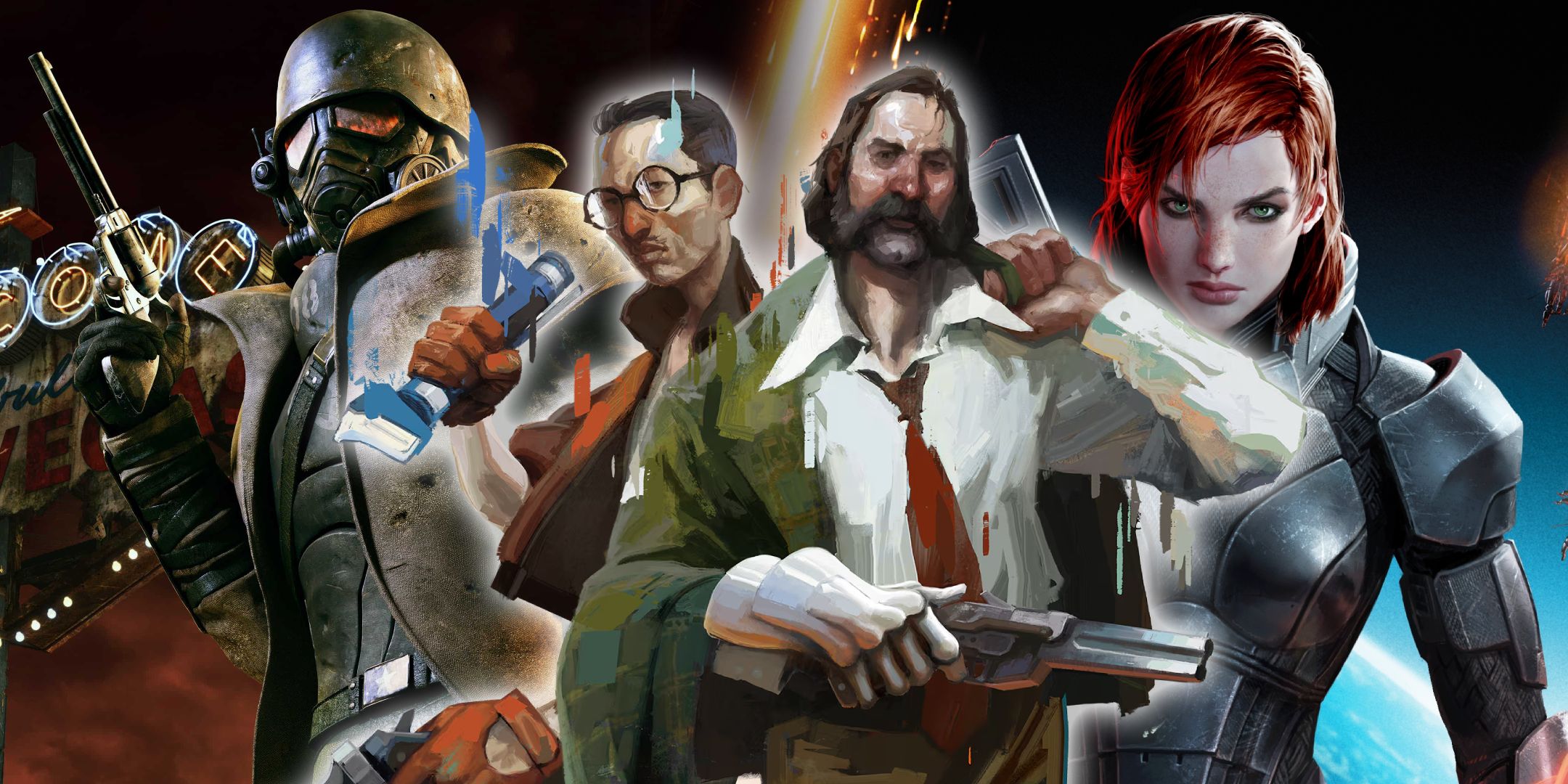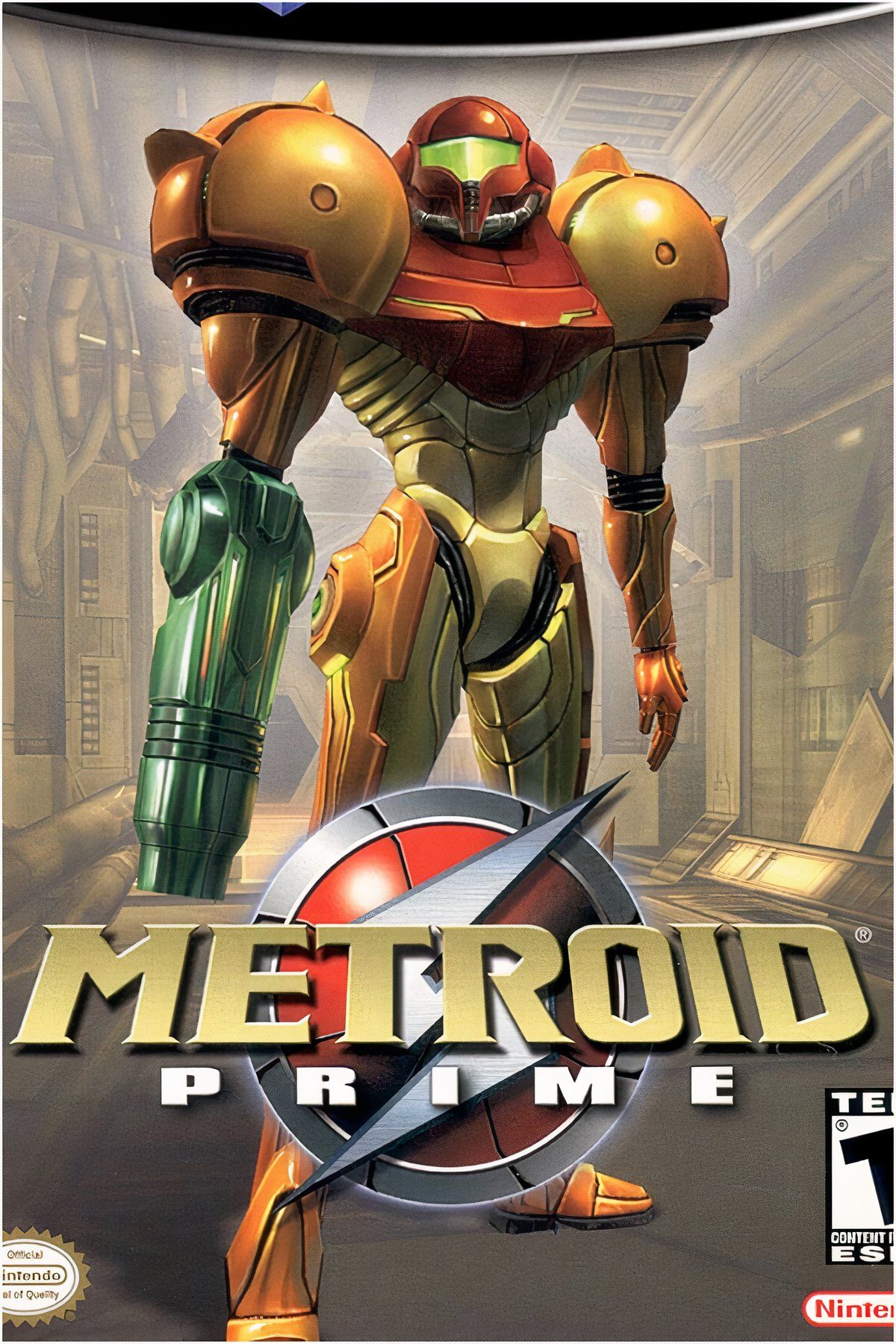
Sign in to your TheGamer account
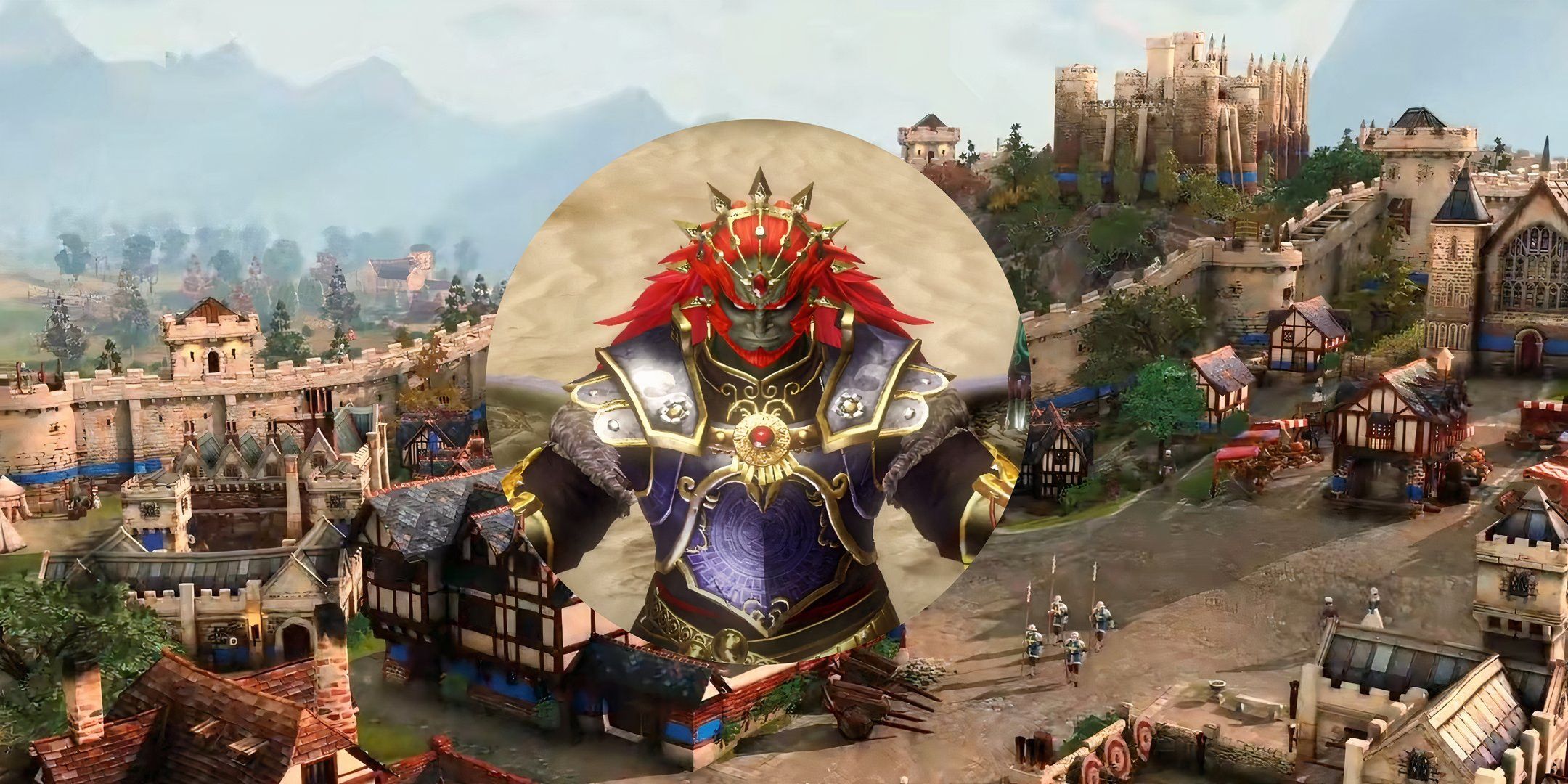
When we think of game studios, we tend to picture one team doing all the heavy lifting. But behind the scenes, many games (especially the big ones) are the result of surprising collaborations between multiple developers. Sometimes it’s a support studio lending a hand. Other times, it’s a full-on co-production with two (or more) powerhouses quietly sharing credit.
These partnerships often go unnoticed, but they’ve shaped some of the biggest titles in gaming history. We’re digging into the team-ups you probably didn’t know about, and how these collaborations helped bring ambitious ideas to life.
10 Bloodborne
FromSoftware & Japan Studio
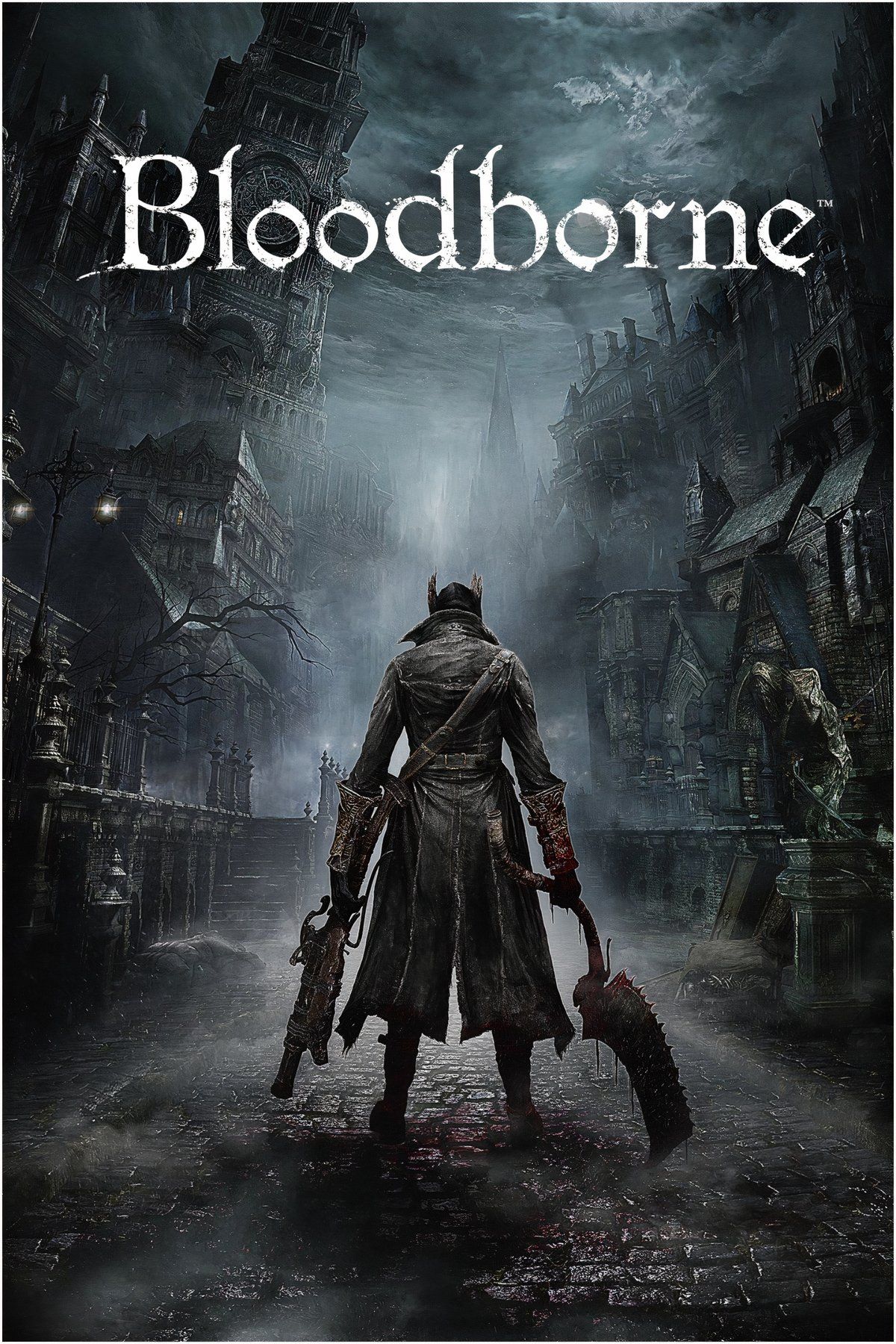
- ESRB
- M for Mature: Blood and Gore, Violence
- Developer(s)
- From Software
- Publisher(s)
- Sony
- Engine
- Havok
- Platform(s)
- PlayStation 4
- How Long To Beat
- 33 Hours
When you think of Bloodborne, your mind likely jumps straight to FromSoftware (and rightly so). But behind the gothic horror and fast-paced combat was another major player: Sony’s Japan Studio. While From handled the brutal gameplay and level design, Japan Studio provided critical support with animation, world-building, and engine optimization.
This collaboration helped make Bloodborne more polished and stylistically cohesive than From’s previous titles. I didn’t even realize this was a co-developed game until years later, a testament to how seamlessly their work meshed.
9 Metroid Prime
Retro Studios & Nintendo EAD
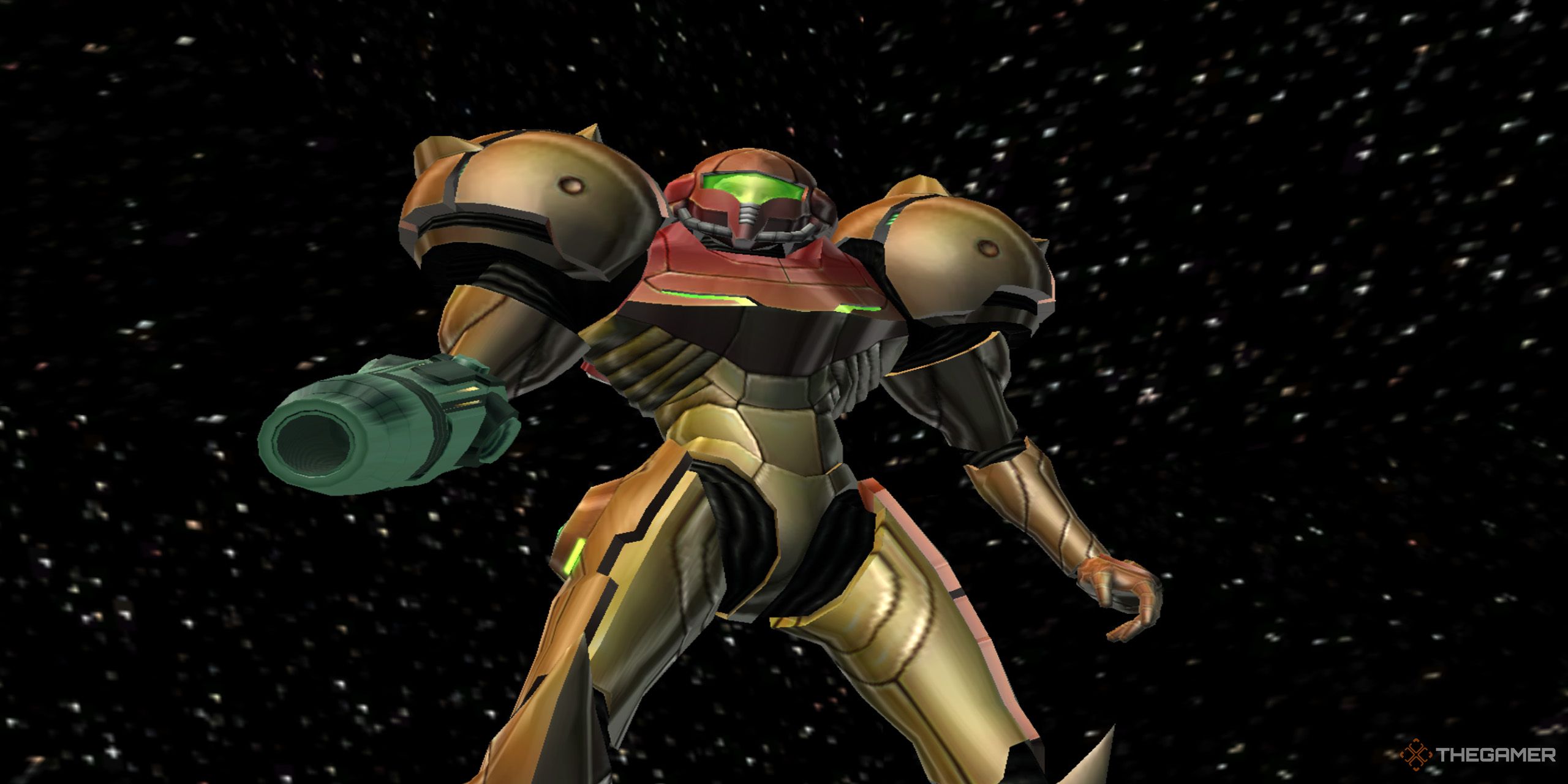
Retro Studios is credited with reviving Metroid in 3D, but they didn’t do it alone. Nintendo EAD (Entertainment Analysis & Development) had a heavy hand in shaping Metroid Prime, especially when it came to design philosophy and world-building.
When you’re curious who really made a game, check the end credits or official dev blogs. You’d be surprised how often multiple studios quietly contribute.
The core gameplay was developed in Texas, but Shigeru Miyamoto and his team were deeply involved, even scrapping Retro’s original pitch to rebuild it from the ground up. Knowing that Metroid Prime was born from this East-meets-West collaboration makes its final product feel even more impressive.
8 Fallout: New Vegas
Obsidian & Bethesda
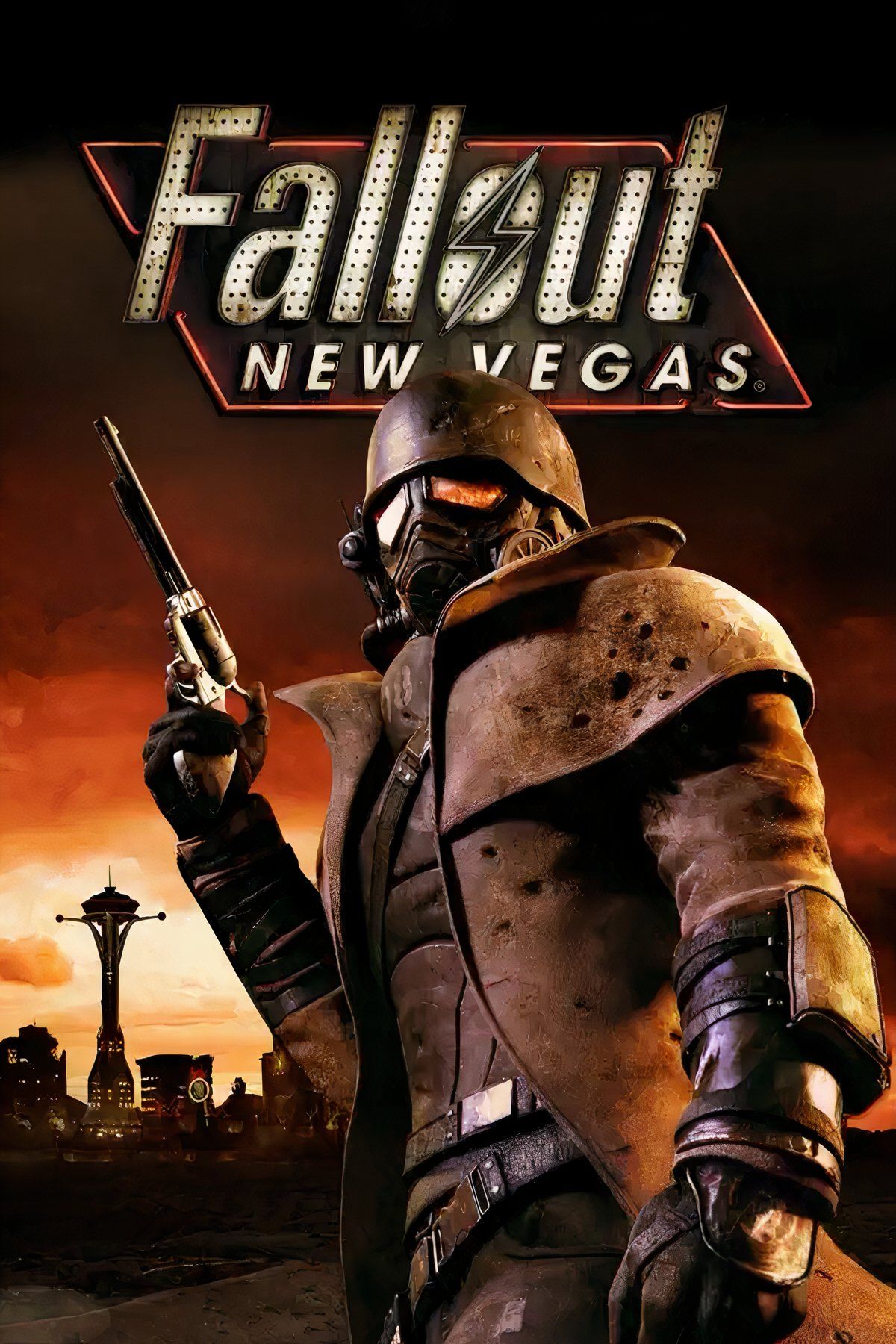
Fallout: New Vegas
- Released
- October 19, 2010
A lot of people (myself included, at one point) assume Fallout: New Vegas was just more Fallout 3. But it was actually developed by Obsidian Entertainment, not Bethesda, though Bethesda licensed them the engine and core framework.
6:22
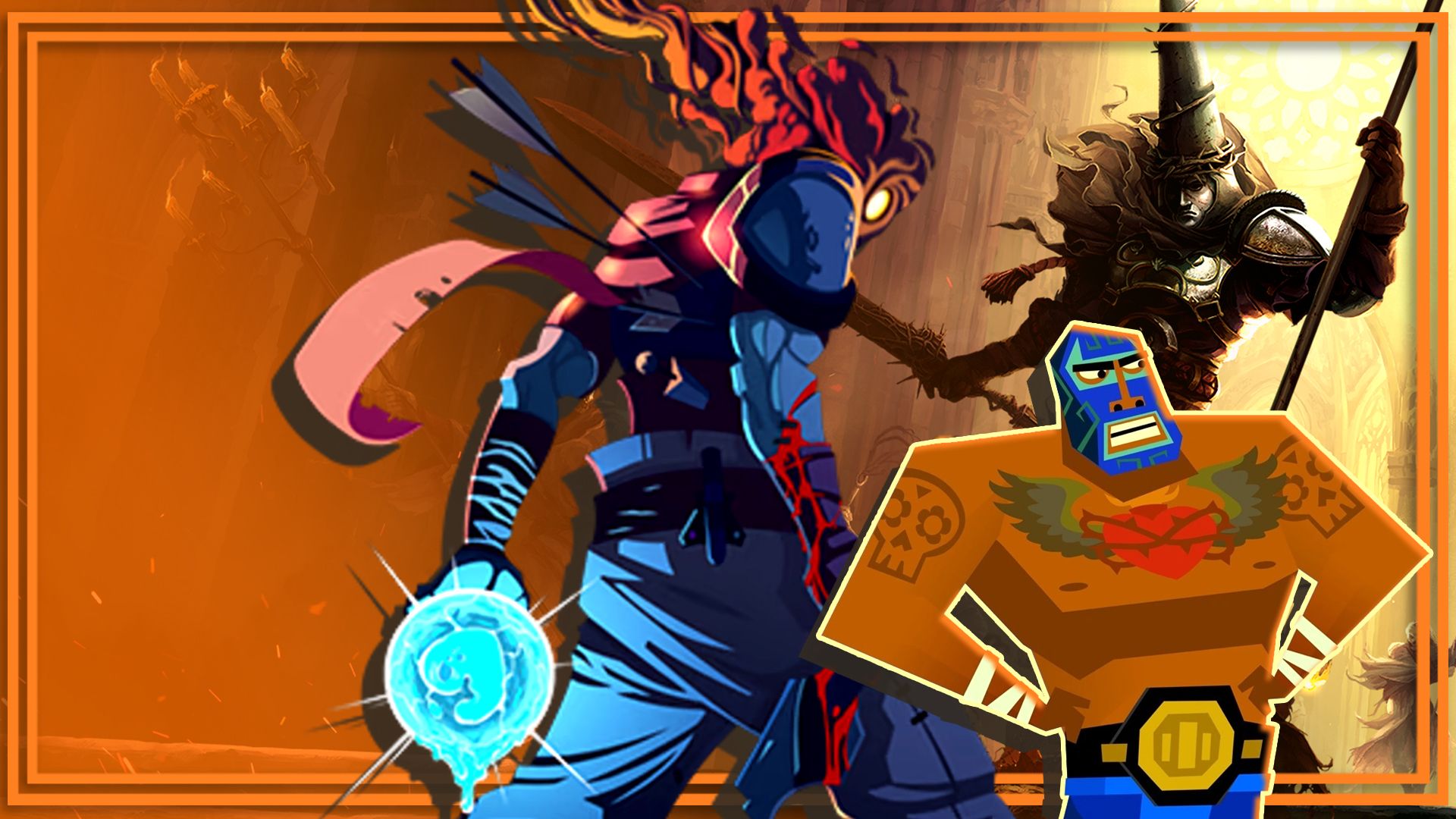
Related
19 Best Metroidvanias You Can Play On PS5
Metroidvanias are a classic, and a genre making a huge return in recent years. Here are some of the best you can play on the PS5.
Obsidian brought their RPG chops from Knights of the Old Republic II and Alpha Protocol, while Bethesda kept a watchful eye over the project. The result? A janky but deeply beloved Fallout experience that many fans (again, myself included) still consider the best of the bunch.
7 Hyrule Warriors
Koei Tecmo & Nintendo
If Hyrule Warriors feels like it was made by someone who understands Zelda but doesn’t quite play like Zelda, there’s a reason for that. It’s a full-on crossover between Koei Tecmo’s Dynasty Warriors series and Nintendo’s The Legend of Zelda.
Nintendo oversaw the character designs and overall presentation, while Koei Tecmo handled the Musou-style gameplay. The end result was surprisingly respectful of both franchises. I remember being skeptical when it launched. Now, it’s one of my favorite comfort games to grind through.
6 Sonic Mania
Christian Whitehead, Headcannon, PagodaWest Games & Sega
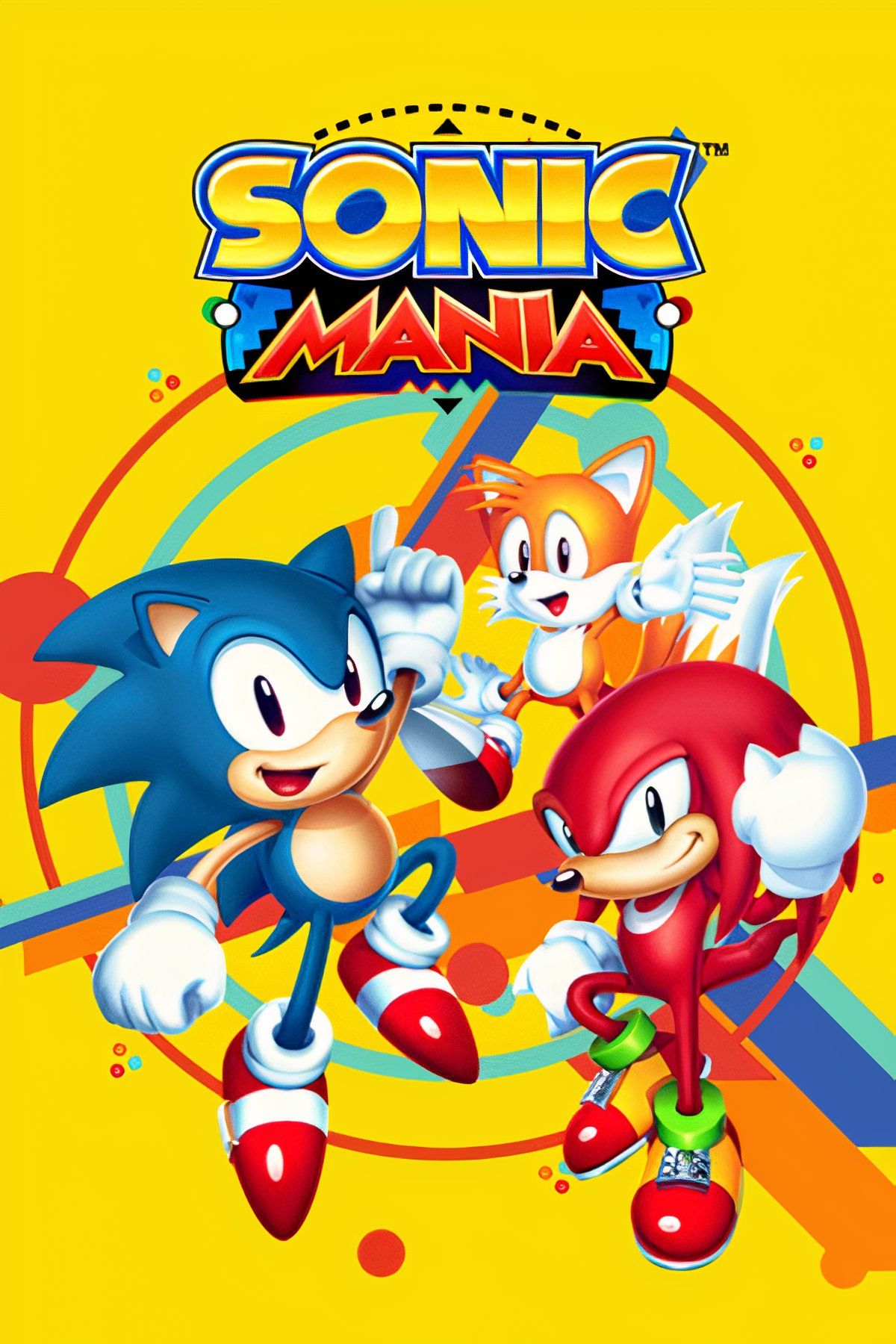
Sonic Mania wasn’t just a love letter to classic Sonic. It was built by the fans who kept the blue blur alive during his lowest points. Christian Whitehead (famous for his fan-made Sonic engine), Headcannon, and PagodaWest Games joined forces under Sega’s blessing to create the retro-style platformer fans had been begging for.
Co-developing doesn’t always mean equal responsibility. Sometimes one studio handles core gameplay while the other supports with assets or porting.
The collaboration felt like Sega finally trusted outside devs to steer Sonic in the right direction. As someone who grew up with Sonic 2, this felt like a true spiritual homecoming.
5 Mario + Rabbids Kingdom Battle
Ubisoft Milan, Ubisoft Paris & Nintendo

- ESRB
- E10+ For Everyone 10+ due to Cartoon Violence, Comic Mischief, Mild Language
- Developer(s)
- Ubisoft Milan, Ubisoft Paris
- Publisher(s)
- Ubisoft
- Engine
- Snowdrop
- Platform(s)
- Switch
It still blows my mind that Nintendo let Ubisoft handle Mario. Even weirder? They nailed it. Mario + Rabbids Kingdom Battle was developed by Ubisoft Milan and Paris, but Nintendo was hands-on throughout, especially when it came to protecting Mario’s image.
In fact, creative director Davide Soliani reportedly cried tears of joy when Miyamoto praised their pitch. The game’s polished mechanics and surprising emotional depth made it feel like more than just a novelty. It became one of the best strategy titles on the Switch.
4 Street Fighter 5
Capcom & Dimps
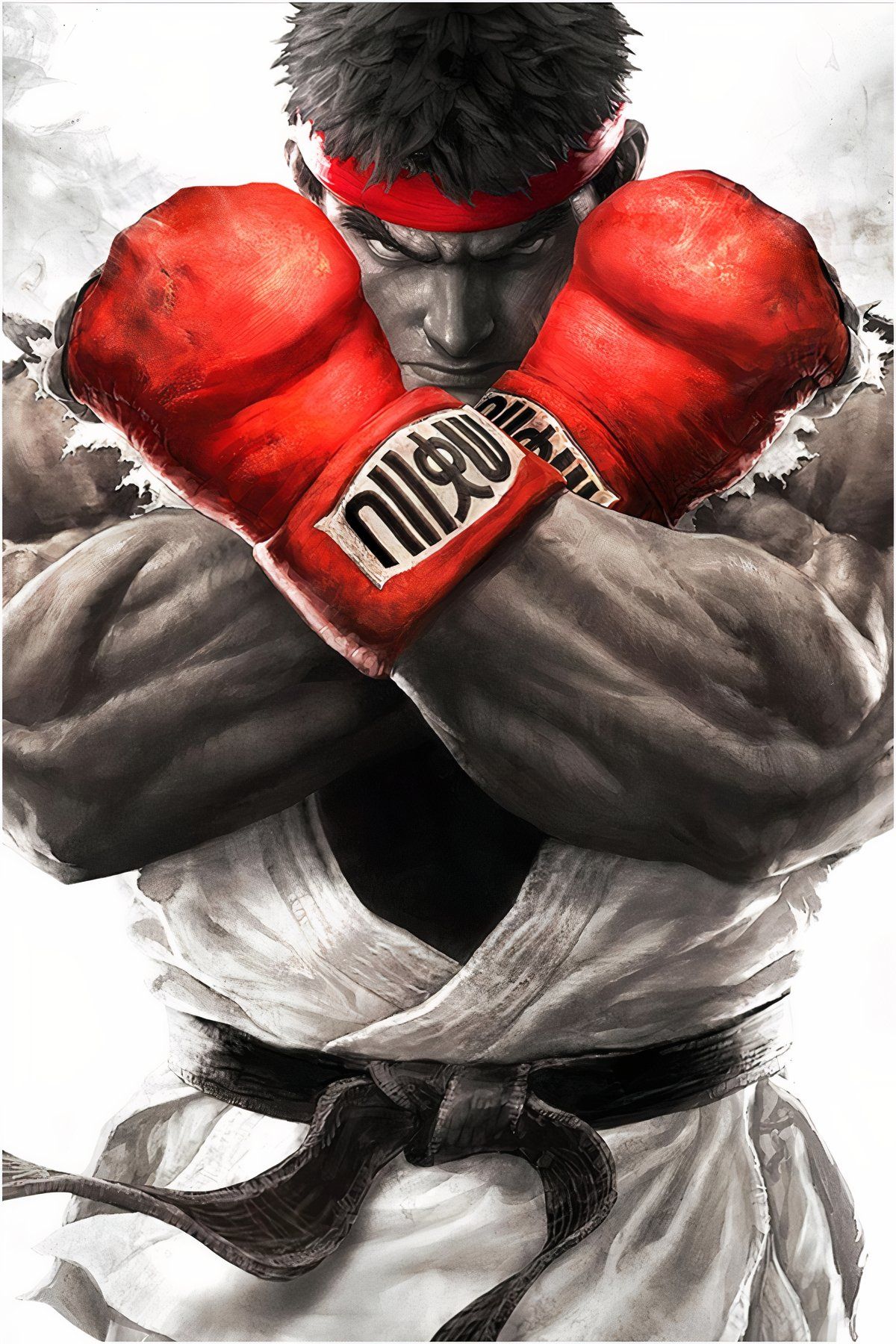
Street Fighter 5
- Released
- February 16, 2016
Capcom may own the Street Fighter name, but longtime fans probably know Dimps has been a quiet powerhouse behind it since the Street Fighter IV era. In Street Fighter 5, Dimps handled much of the core development, including character animation and gameplay systems, while Capcom oversaw the overall direction and publishing.
You can feel the Dimps influence in how fluid and accessible the combat feels, especially coming off their work on Dragon Ball Z: Budokai.
3 L.A. Noire
Team Bondi & Rockstar Games
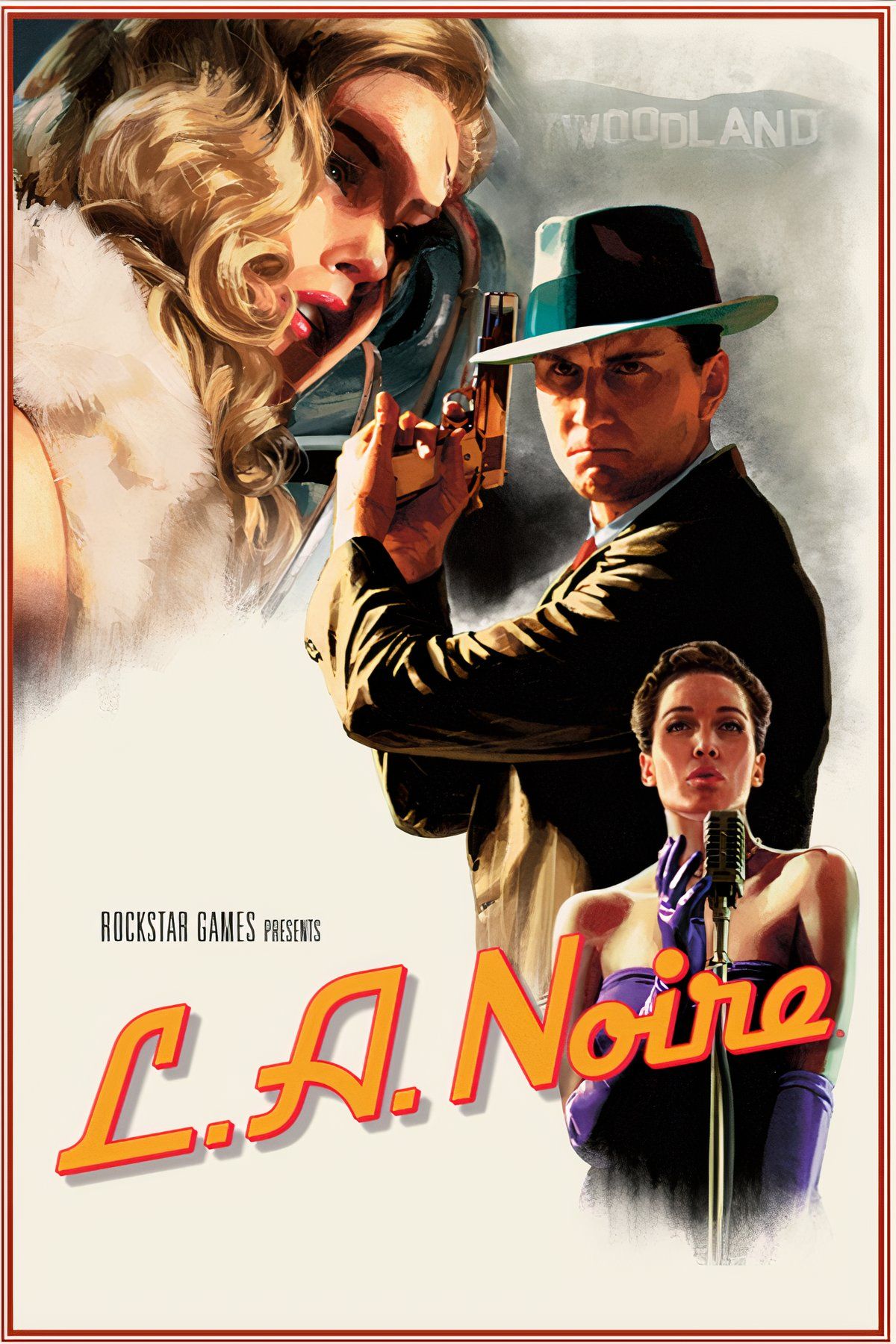
L.A. Noire had all the polish of a Rockstar game, but it actually started life at Team Bondi, an Australian studio founded by Brendan McNamara. They were responsible for the groundbreaking facial capture and story, while Rockstar stepped in to co-develop and eventually publish the game under its label.
A game having multiple developers isn’t always a good thing. Development handovers or conflicting visions can lead to uneven pacing or mechanics, though you’d never guess that from some of the games on this list.
The relationship wasn’t always smooth (behind-the-scenes drama is well documented), but the end result was an unusually ambitious detective sim that looked years ahead of its time. I remember thinking it felt like Rockstar (and now I know why).
2 Killer Instinct
Double Helix, Iron Galaxy & Microsoft
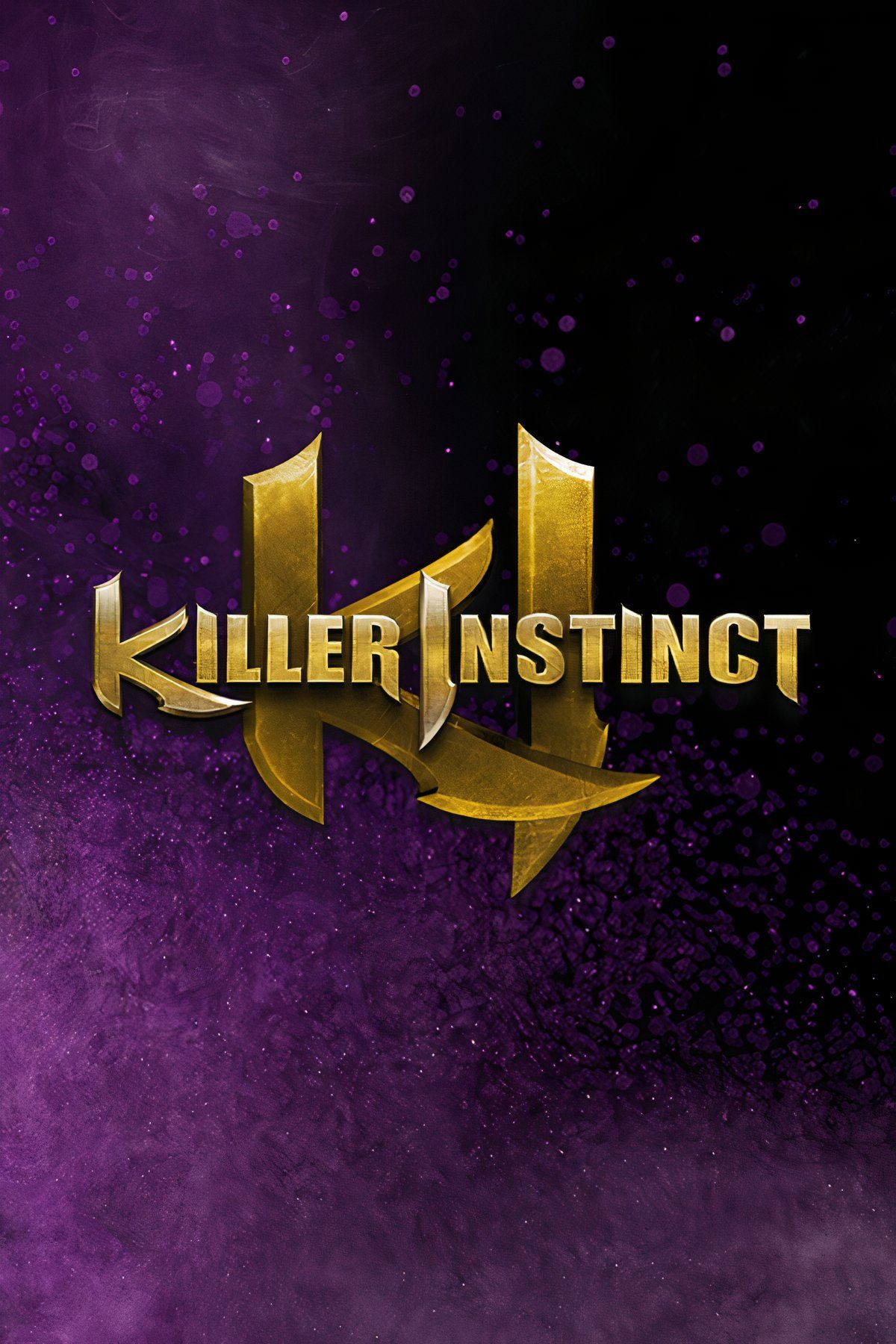
Killer Instinct (2013)
- Released
- November 22, 2013
The 2013 reboot of Killer Instinct was developed in phases. Double Helix kicked things off with the launch build, focusing on the core fighting system. When Amazon acquired them mid-development, Iron Galaxy (another studio known for their fighting game expertise) stepped in to continue adding characters and refining balance.
Microsoft oversaw the whole project, ensuring consistency throughout. The smooth transition between dev teams is honestly kind of amazing. Most players probably never noticed the change, which says a lot about how aligned the studios were.
1 Age of Empires 4
Relic Entertainment & World’s Edge
Age of Empires 4 feels like a modern revival done right, and that’s thanks to a surprising combo: Relic Entertainment, best known for Company of Heroes, and World’s Edge, a studio Microsoft formed specifically to oversee the AoE franchise.
Relic brought their RTS expertise and technical muscle, while World’s Edge made sure it stayed faithful to the legacy of the series. I was skeptical at first (Company of Heroes plays very differently), but the blend of new design ideas with old-school Age sensibilities really worked.
6:22

Next
19 Best Metroidvanias You Can Play On PS5
Metroidvanias are a classic, and a genre making a huge return in recent years. Here are some of the best you can play on the PS5.
